Britain’s national obsession with nostalgia isn’t just weighing down our wallets — it’s stifling creativity, innovation, and the cultural dynamism we desperately need for the future.
1. The Cost of Afternoon Tea
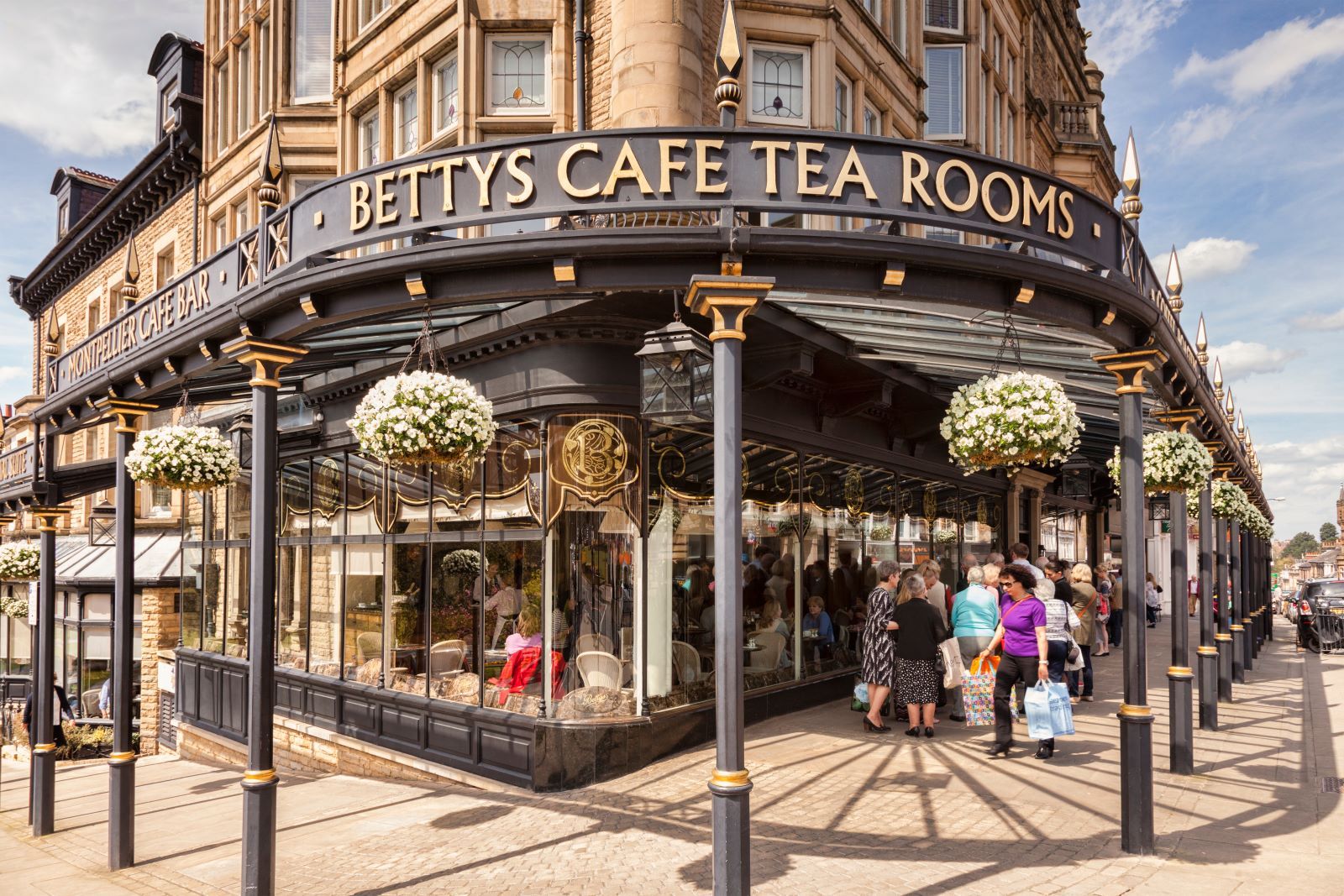
Traditional tea rooms may be beloved, but their preservation limits the creation of new social spaces that reflect Britain’s evolving cultural fabric. This fixation on maintaining a particular kind of “Britishness” restricts innovation in how we gather and socialise today.
2. Blockbuster Resurrection Attempts
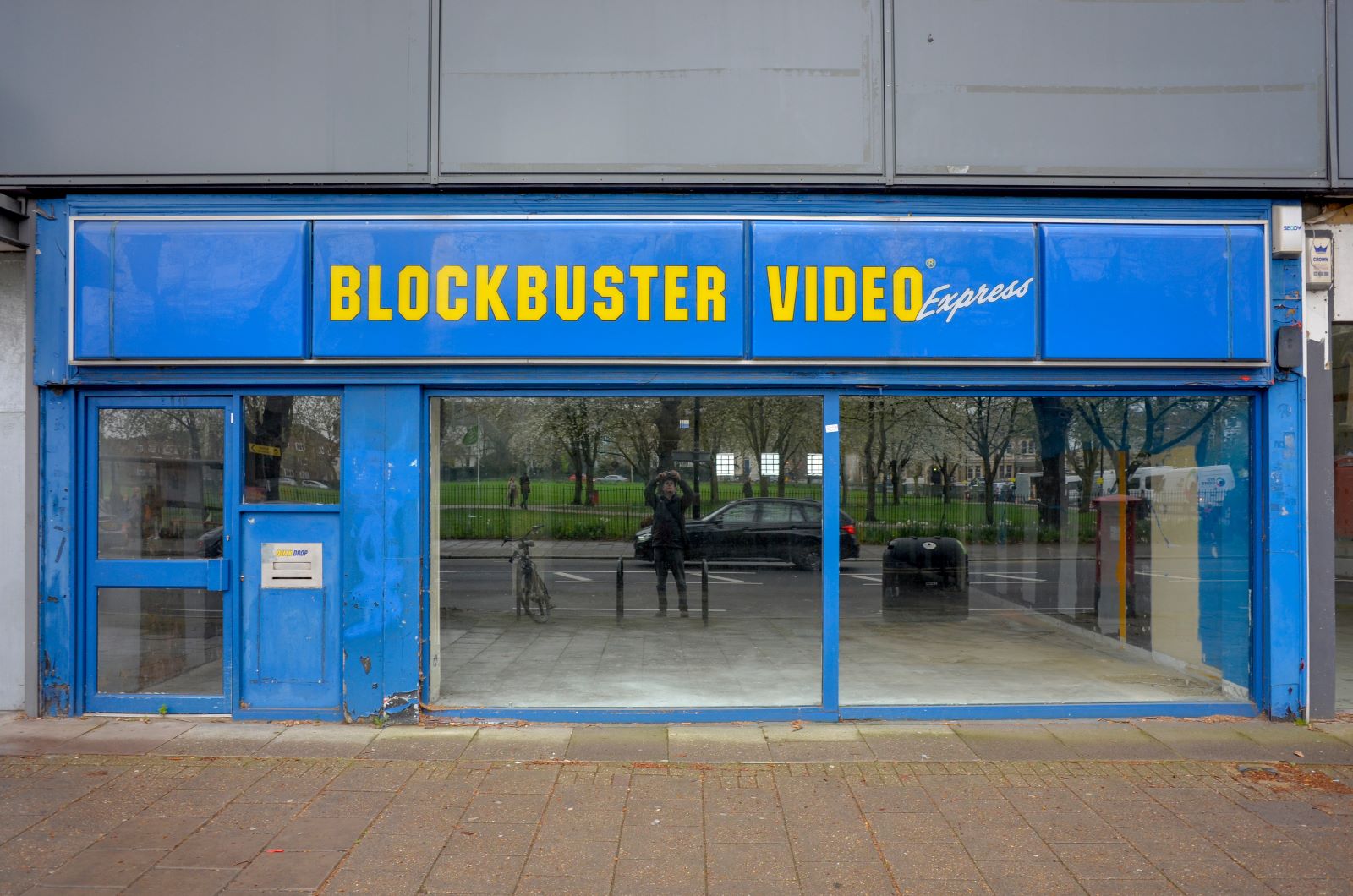
Attempting to recreate Blockbuster’s glory days in nostalgic pop-up shops might feel like a tribute to the past, but it diverts energy from reimagining the future of retail. These short-lived efforts consume resources that could be better invested in supporting independent, forward-thinking businesses.
3. TV Reboots Dominate Screens

Britain’s reliance on nostalgic TV reboots is stunting the growth of original content. Shows like Doctor Who may draw viewers, but the constant rehashing of familiar themes leaves little room for innovative storytelling, keeping British television trapped in the past rather than pushing creative boundaries.
4. Propping Up Historic Pubs
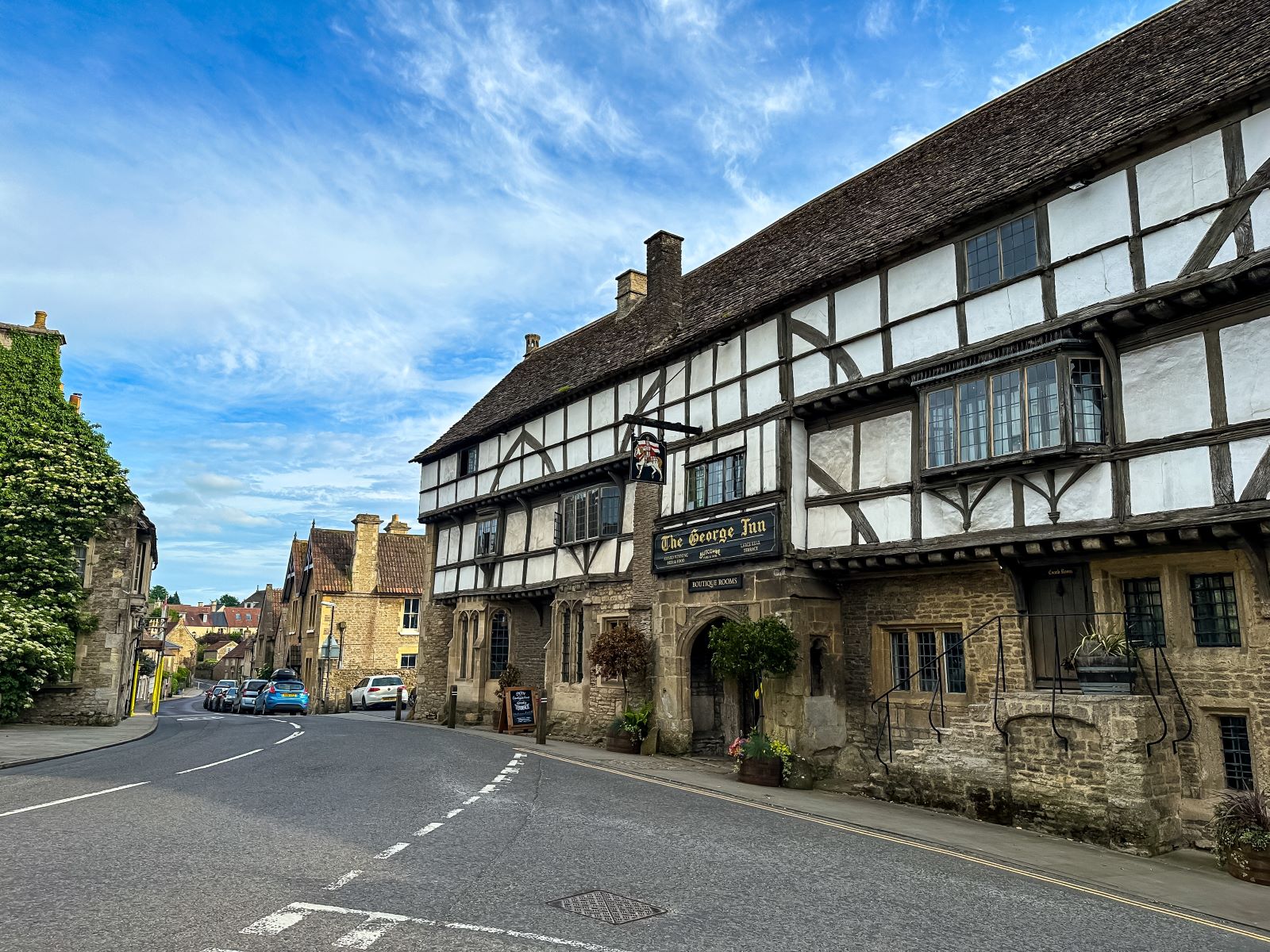
Historic pubs are iconic, but pouring public funds into keeping them afloat keeps us from reimagining community spaces that reflect modern lifestyles. This fixation on preserving the past prevents cities and towns from evolving creatively and meeting today’s social needs.
5. Retro Fashion’s High Cost
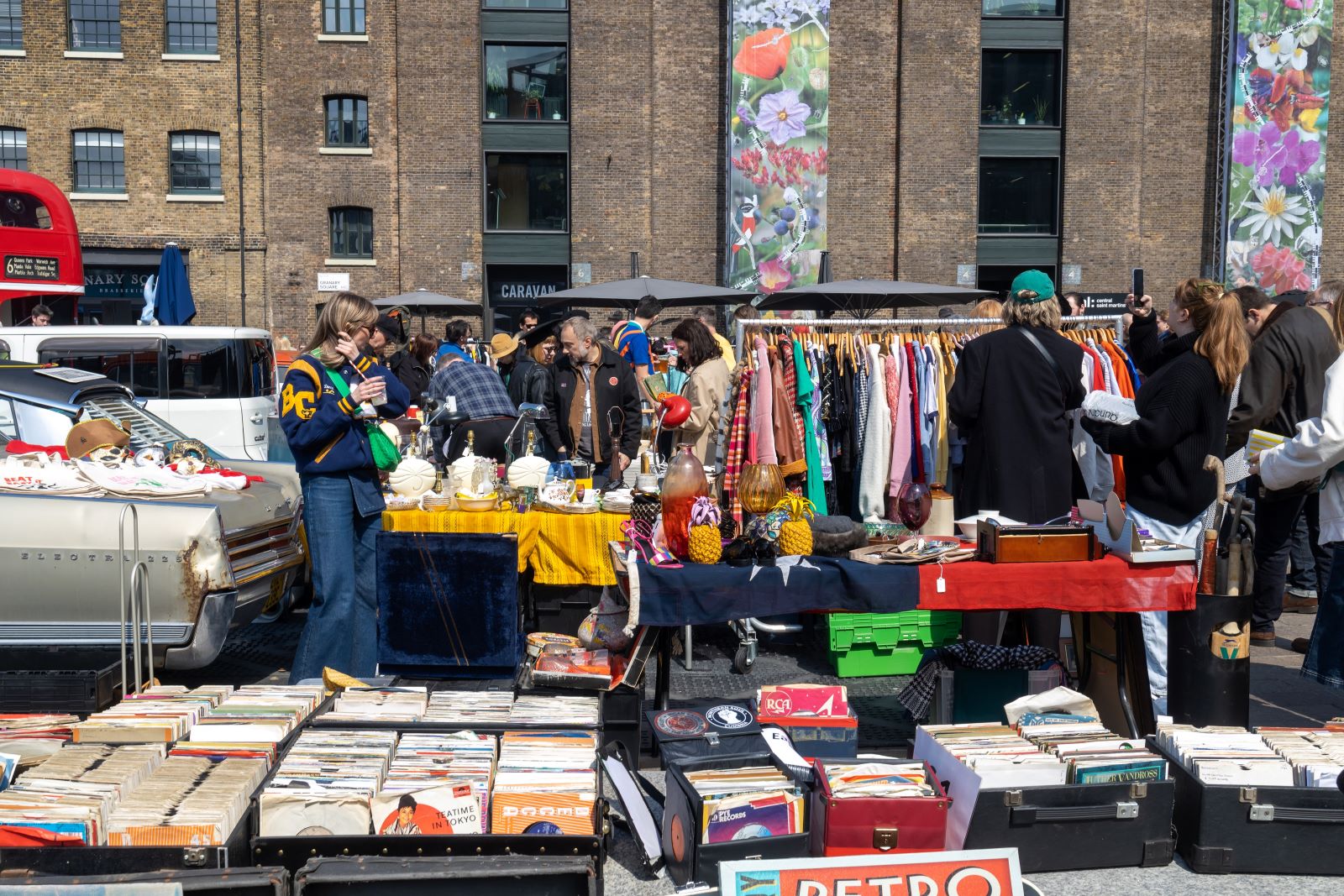
The booming vintage clothing market might feel trendy, but it’s curbing the exploration of new fashion directions. By focusing on styles of the past, we miss opportunities to foster emerging designers who could shape the future of British fashion in innovative ways.
6. The Steam Train Fantasy
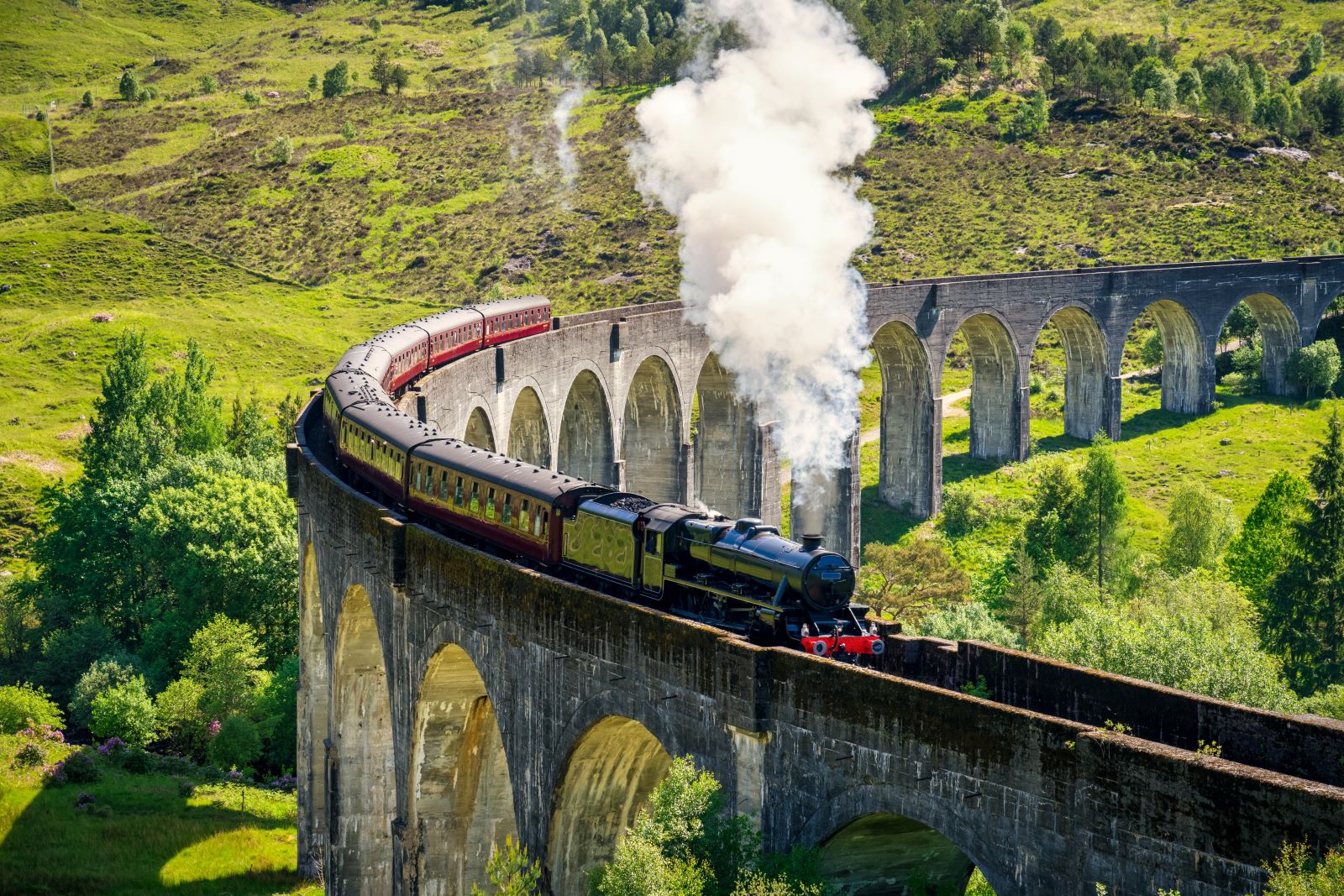
Heritage railways are enchanting, but they keep us romantically tied to an industrial past rather than thinking creatively about the future of transportation. The millions spent on keeping steam trains alive could fund projects that propel Britain into a more sustainable, modern era.
7. Empty Department Store Woes
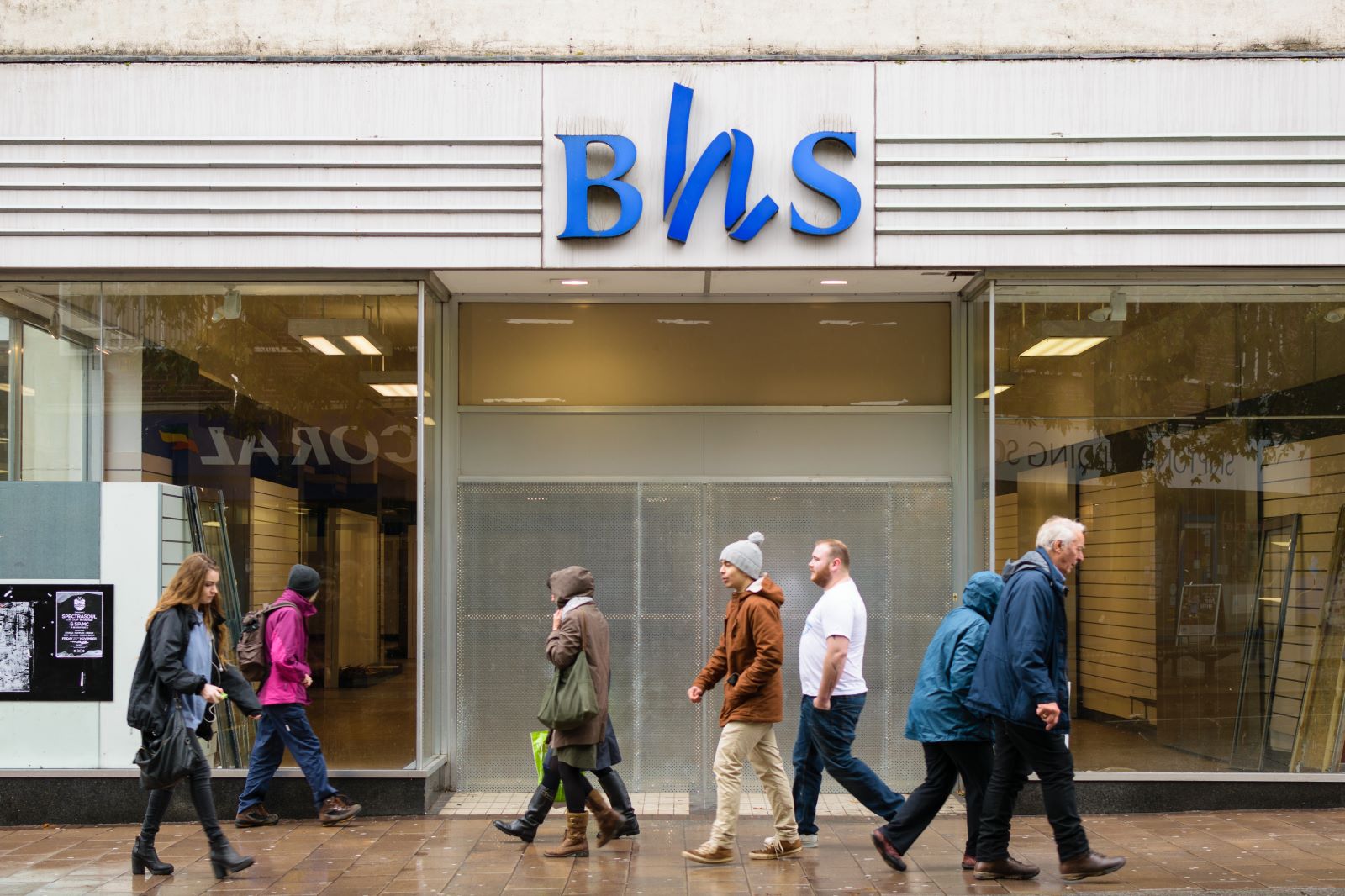
Attempts to revive old department stores like BHS are more than just financial burdens—they represent an unwillingness to think creatively about what modern retail should look like. Instead of clinging to failing business models, we could be using these spaces for forward-thinking community hubs or innovative startups.
8. The National Trust Dilemma

The National Trust’s focus on preserving old estates may protect our heritage, but it also locks us into a nostalgic mindset. Instead of investing in the future of architecture and design, we pour millions into maintaining sites that often cater to a dwindling audience, missing the opportunity to rethink how we engage with our living spaces.
9. Museum Overload
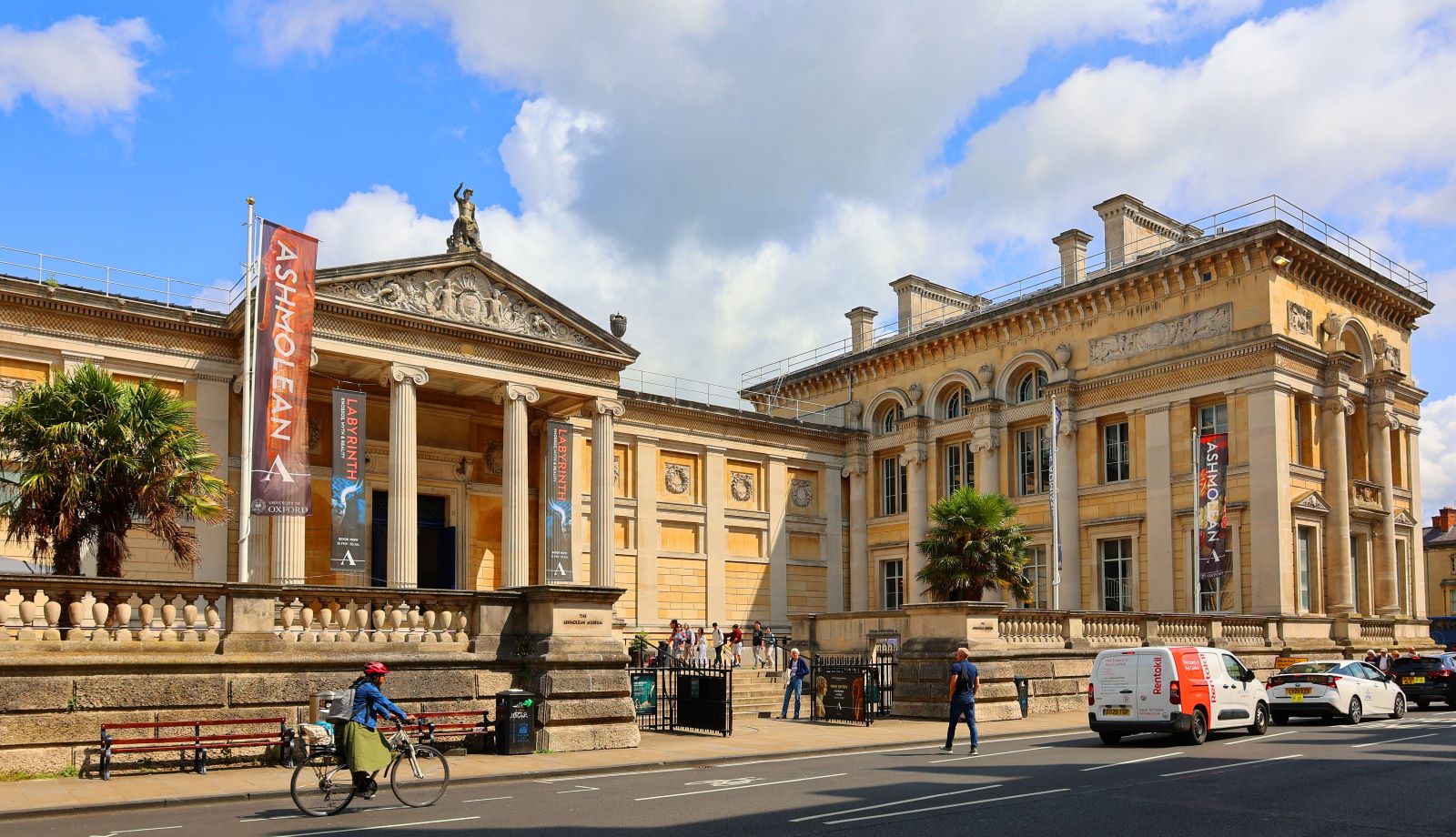
Nostalgia-driven museum exhibits are abundant, but they overshadow contemporary topics that could inspire creative solutions to modern issues. When we invest heavily in celebrating the past, we neglect the chance to use museums as spaces for forward-thinking dialogue and innovation.
10. Nostalgic Gaming

Britain’s passion for retro gaming keeps us stuck in old paradigms of entertainment. While classic games evoke fond memories, the money and attention lavished on them detract from supporting the next wave of British game developers who could define the future of interactive entertainment.
11. Victorian Architecture Preservation
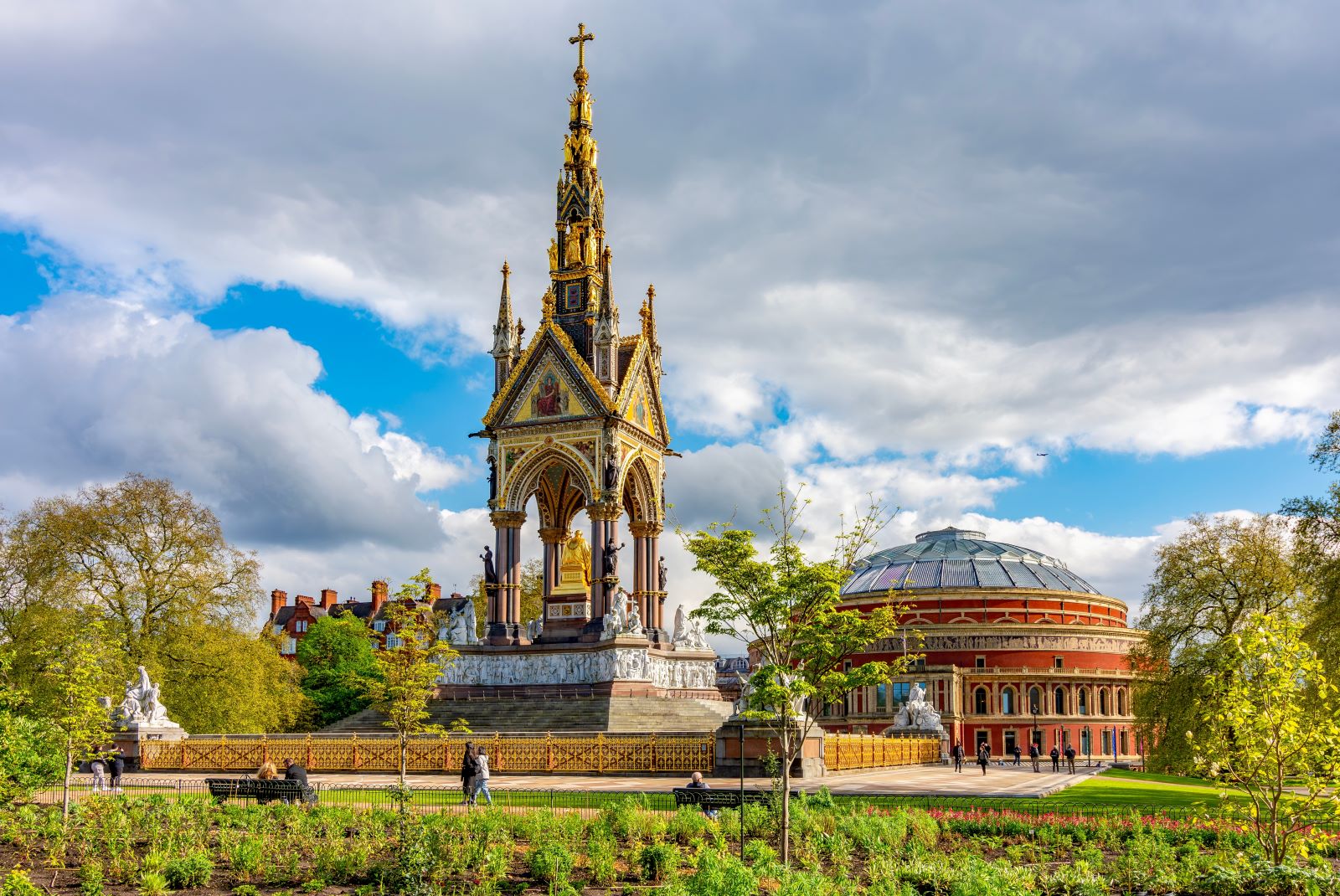
Preserving Victorian buildings may seem noble, but it often hinders the development of new, creative urban solutions. Instead of designing cities that reflect 21st-century needs and aesthetics, we’re constrained by the architectural legacies of the past.
12. Vinyl’s Pricey Comeback
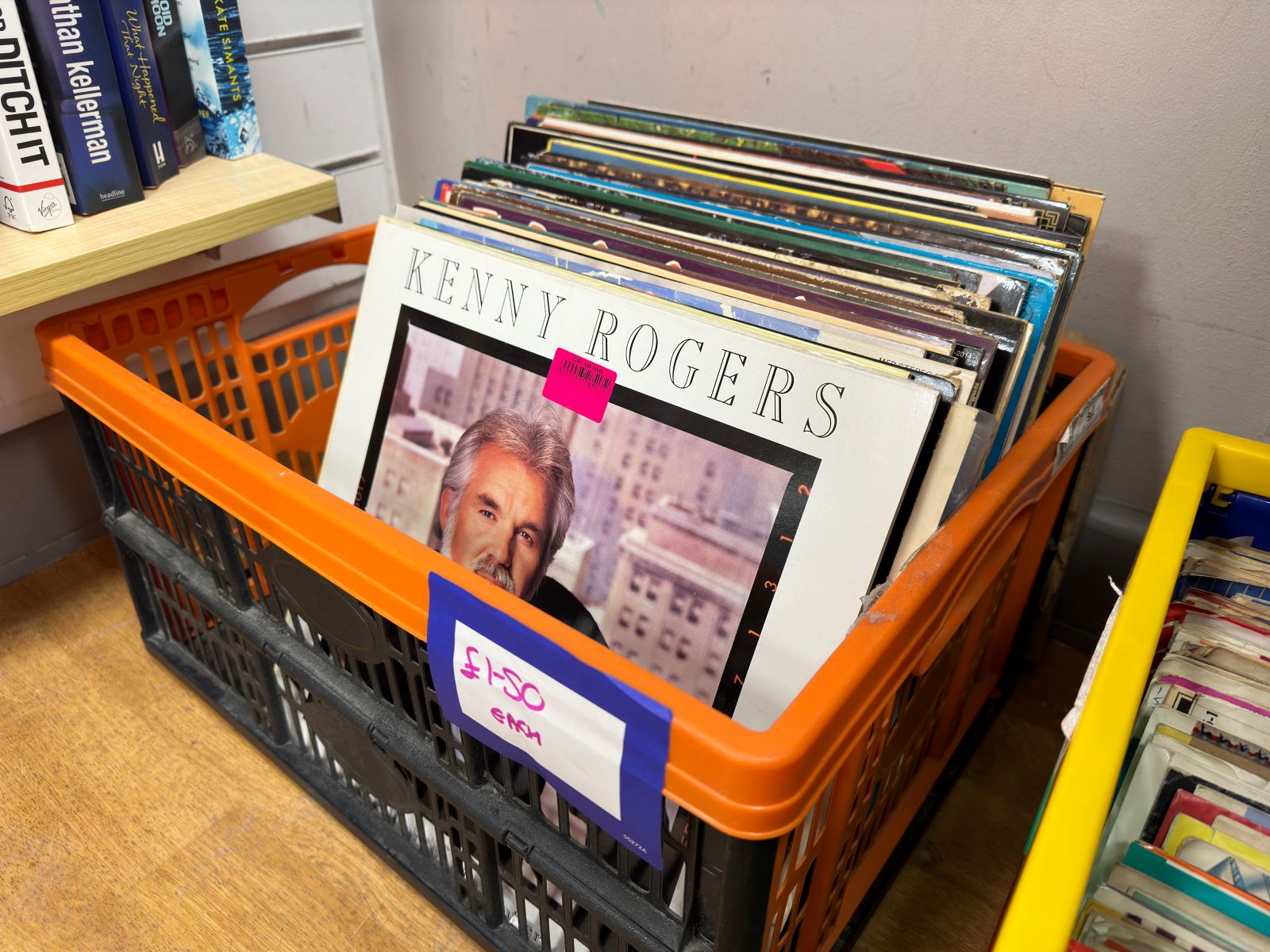
The revival of vinyl records may seem like a harmless indulgence, but it’s diverting attention and resources away from new musical creations. Instead of fostering fresh talent, we’re spending on old classics, stalling the evolution of our music scene.
13. Expensive Antiques
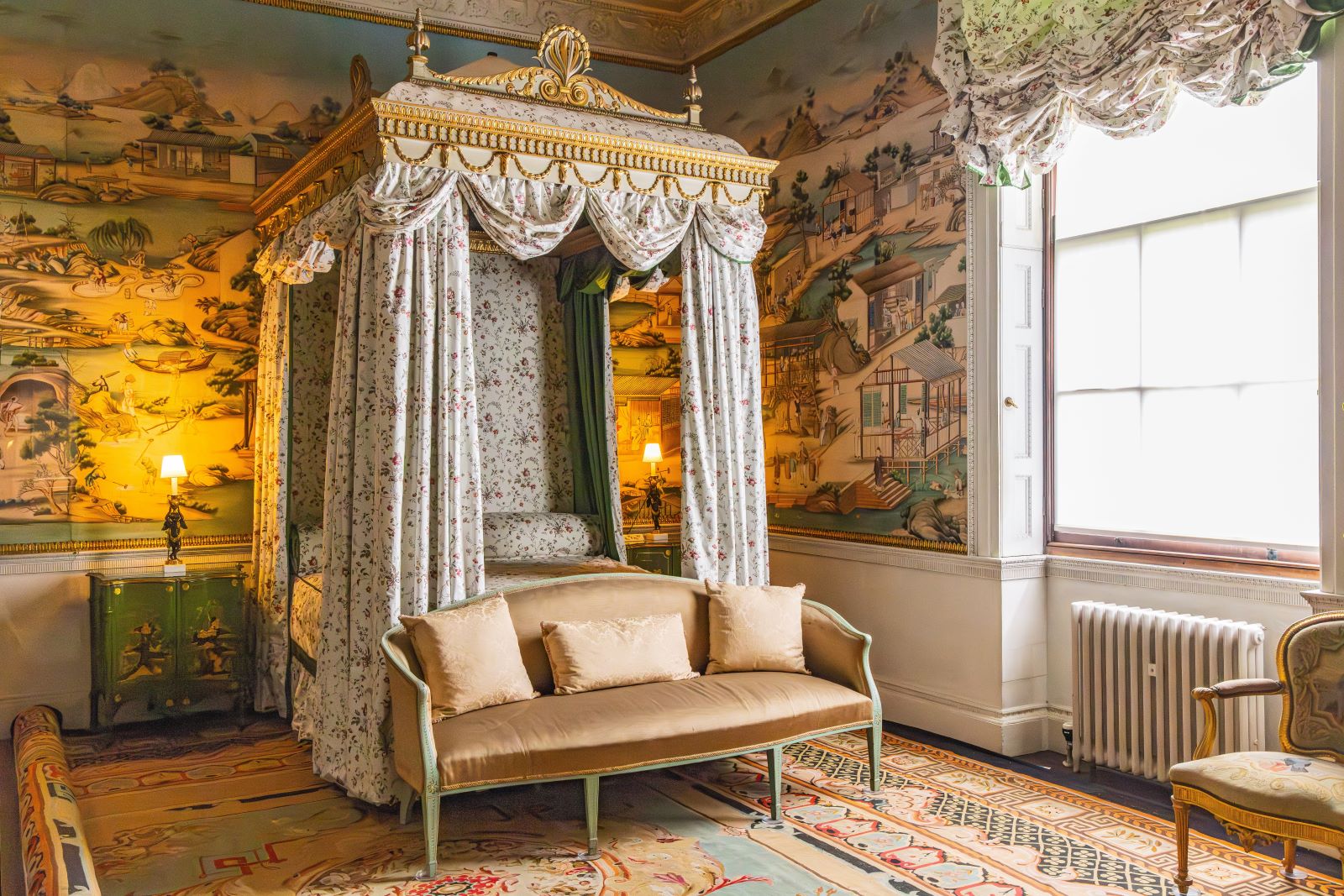
Collecting antiques might connect us to the past, but it also ties up resources that could be directed towards innovative design and craftsmanship. The energy spent on restoring old furniture limits our ability to imagine new forms of functional and artistic expression.
14. Vintage Car Obsessions
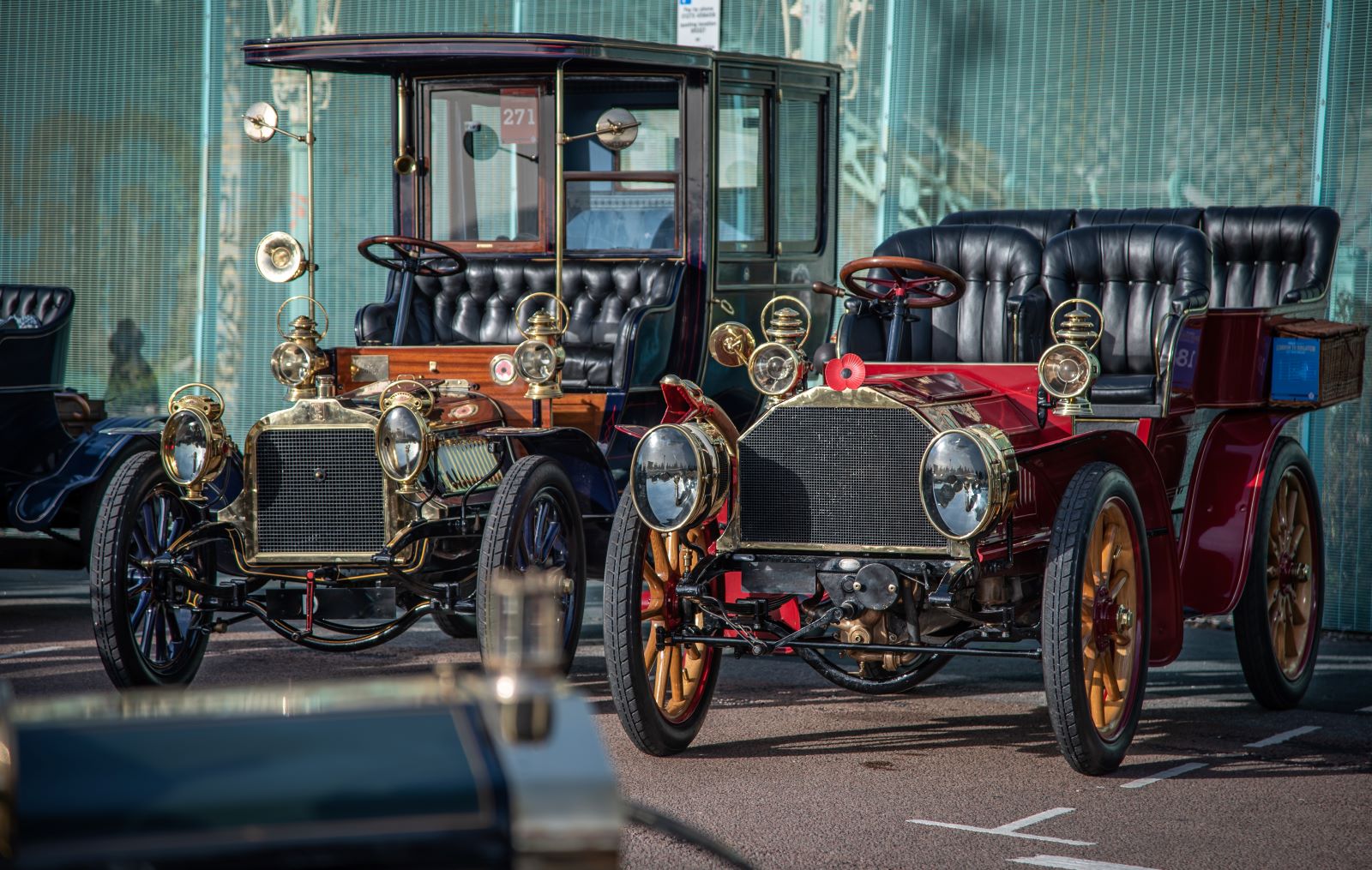
Britain’s love for vintage car shows is charming, but it distracts from investing in the future of transportation. Instead of pushing forward with innovative green technologies, we’re pouring resources into relics of the past that have little relevance to today’s environmental challenges.
15. Nostalgic Sports Revival

The revival of old-fashioned sports like croquet may seem quaint, but it often comes at the expense of supporting modern, accessible recreational activities. By focusing on reviving pastimes, we miss opportunities to develop sports that reflect the diversity and energy of contemporary Britain.
16. Sky-High Auction Prices
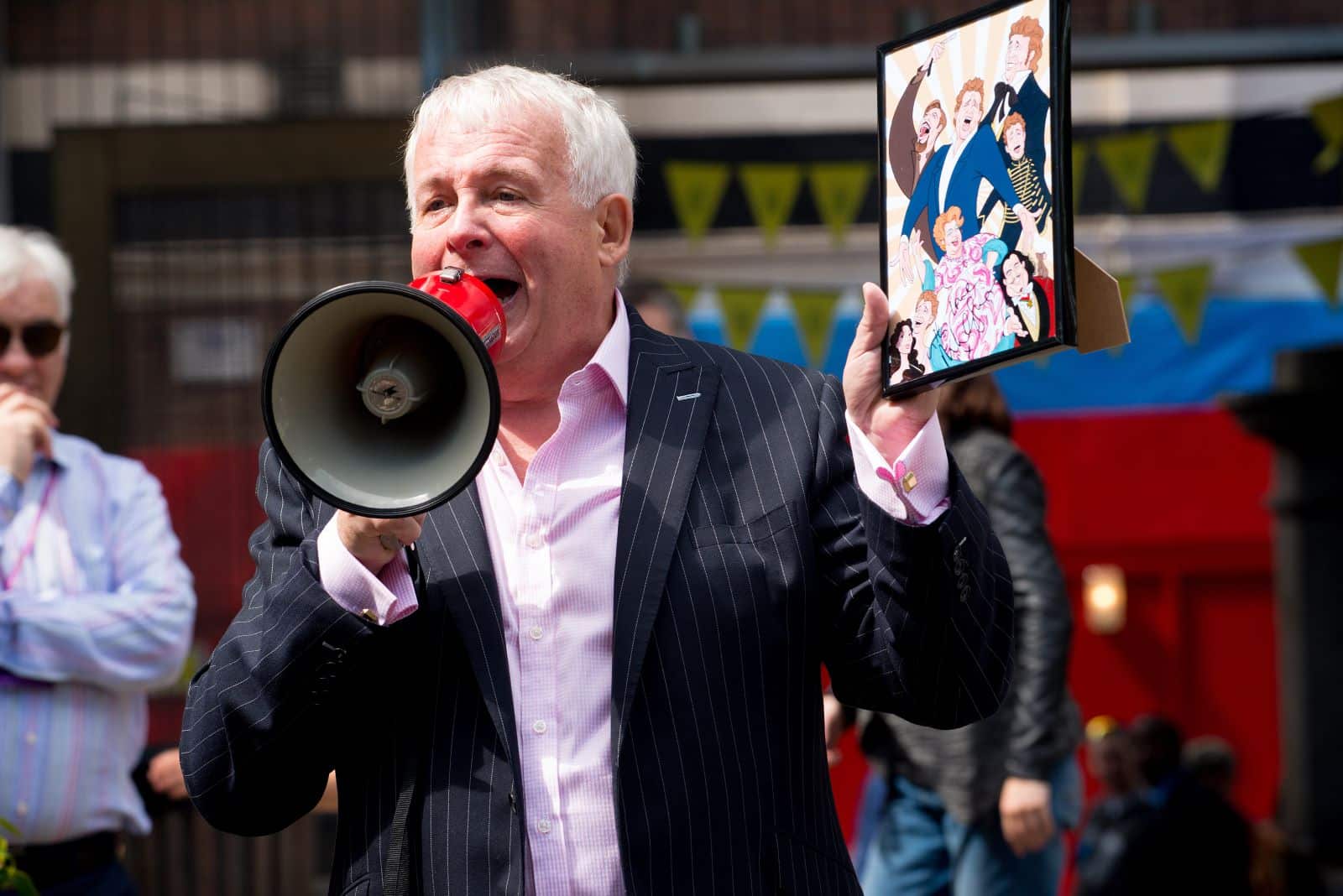
Nostalgic memorabilia auctions might be thrilling for collectors, but the soaring prices also highlight how nostalgia commodifies the past. Instead of investing in contemporary art and culture, resources are being tied up in objects of yesterday, limiting creative growth.
17. The Pub Quiz Boom

What was once a casual evening out has become a commercial enterprise, reflecting how nostalgia can turn simple pleasures into profit-driven events. The creative cost here is the loss of spontaneity and the focus on turning every bit of nostalgia into a business opportunity.
18. Retro Film Nights at Cinemas
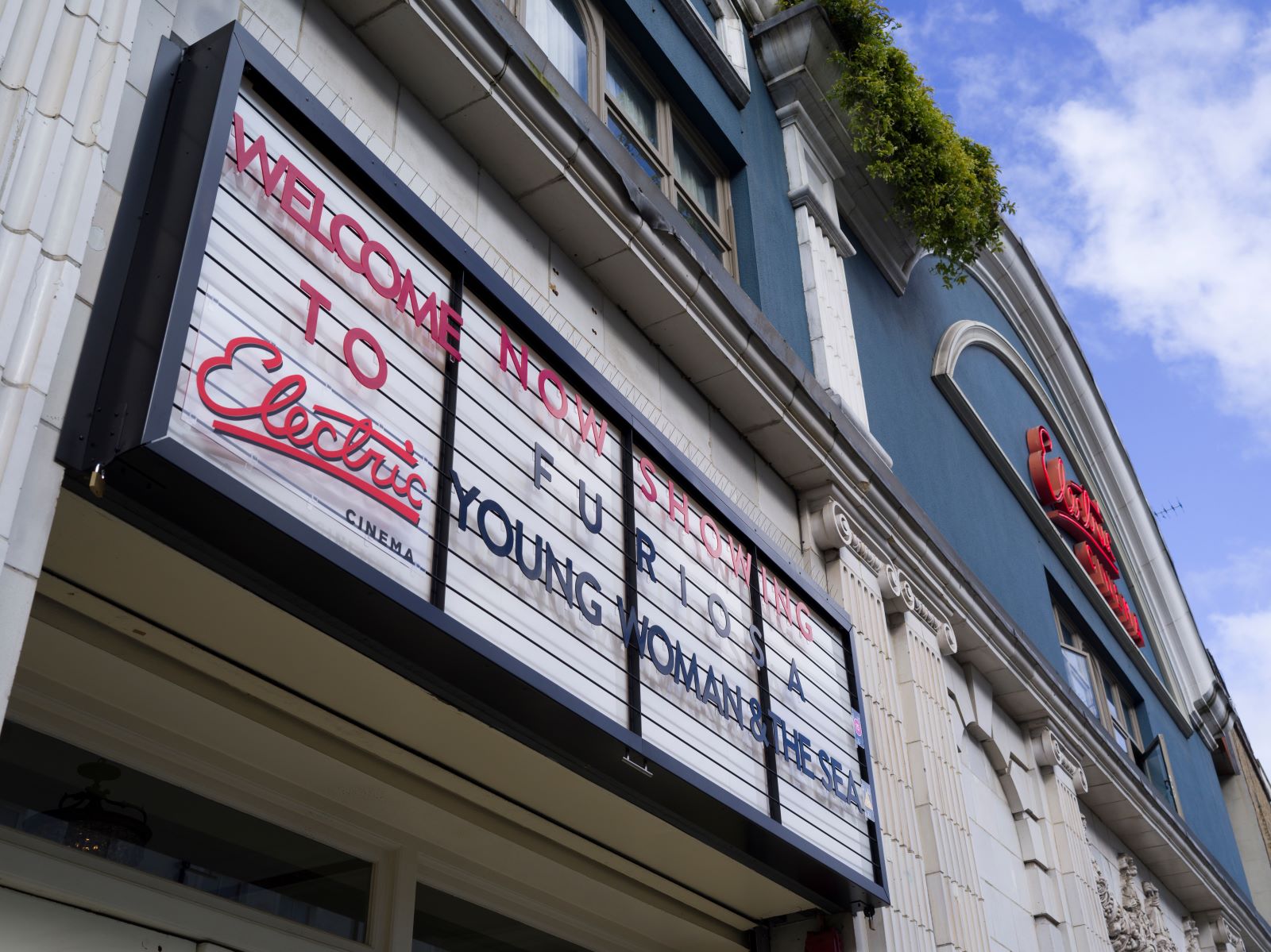
While retro film screenings are popular, they often overshadow new, independent films that could bring fresh perspectives and innovation to the screen. By constantly looking back, British cinemas are missing the chance to champion the next generation of filmmakers.
19. Costly Amusement Park Nostalgia
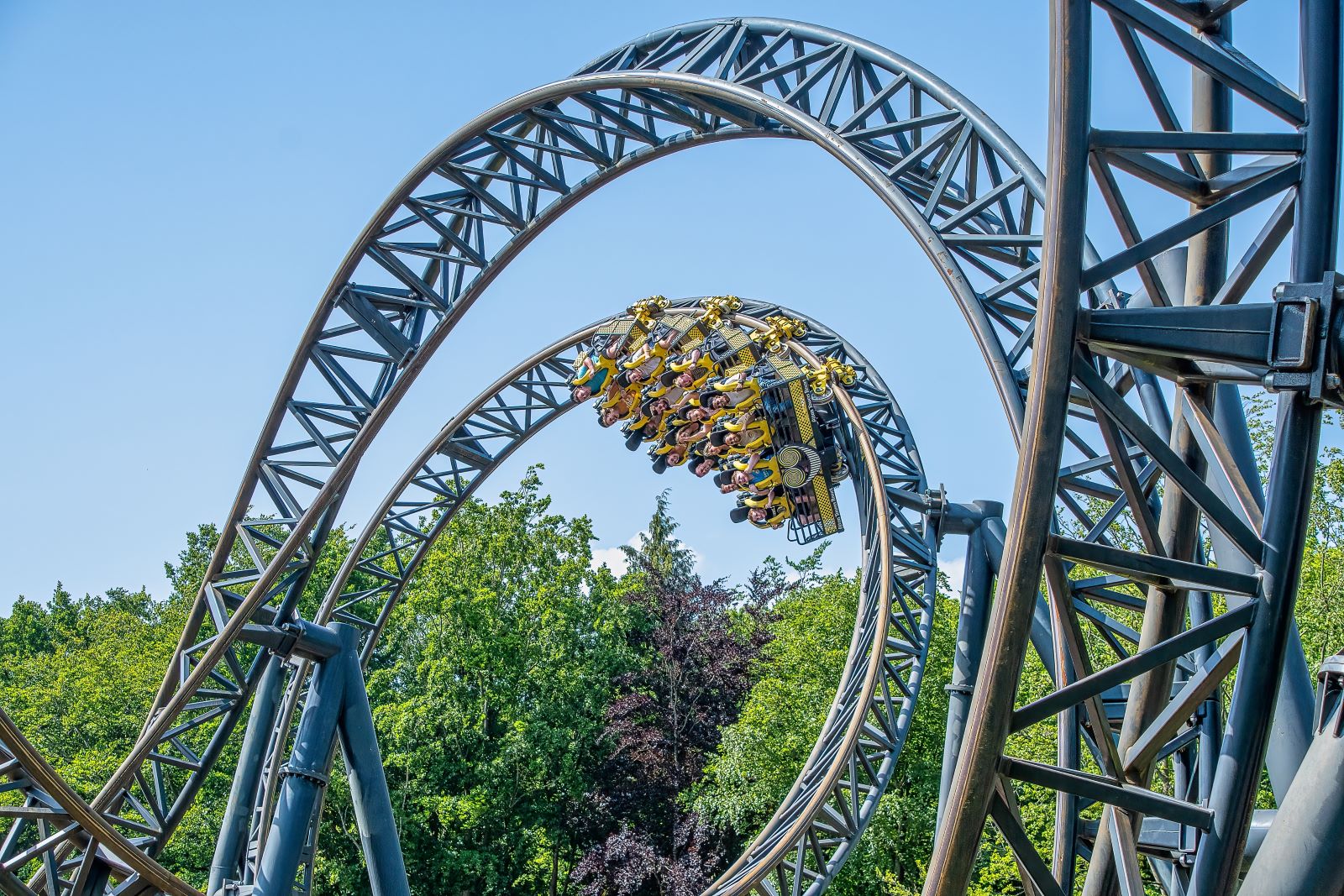
Reviving old amusement parks is a romantic notion, but it prevents us from rethinking how leisure spaces can serve today’s needs. Rather than clinging to outdated attractions, Britain could be leading the way in designing creative, forward-thinking entertainment destinations.
Is Nostalgia Bankrupting Britain’s Future?

Is Britain’s obsession with nostalgia holding back its creative potential? How long can we afford to keep looking backwards when the future is waiting for us to shape it?
Featured Image Credit: Shutterstock / ANDRANIK HAKOBYAN.
For transparency, this content was partly developed with AI assistance and carefully curated by an experienced editor to be informative and ensure accuracy.
The images used are for illustrative purposes only and may not represent the actual people or places mentioned in the article.

